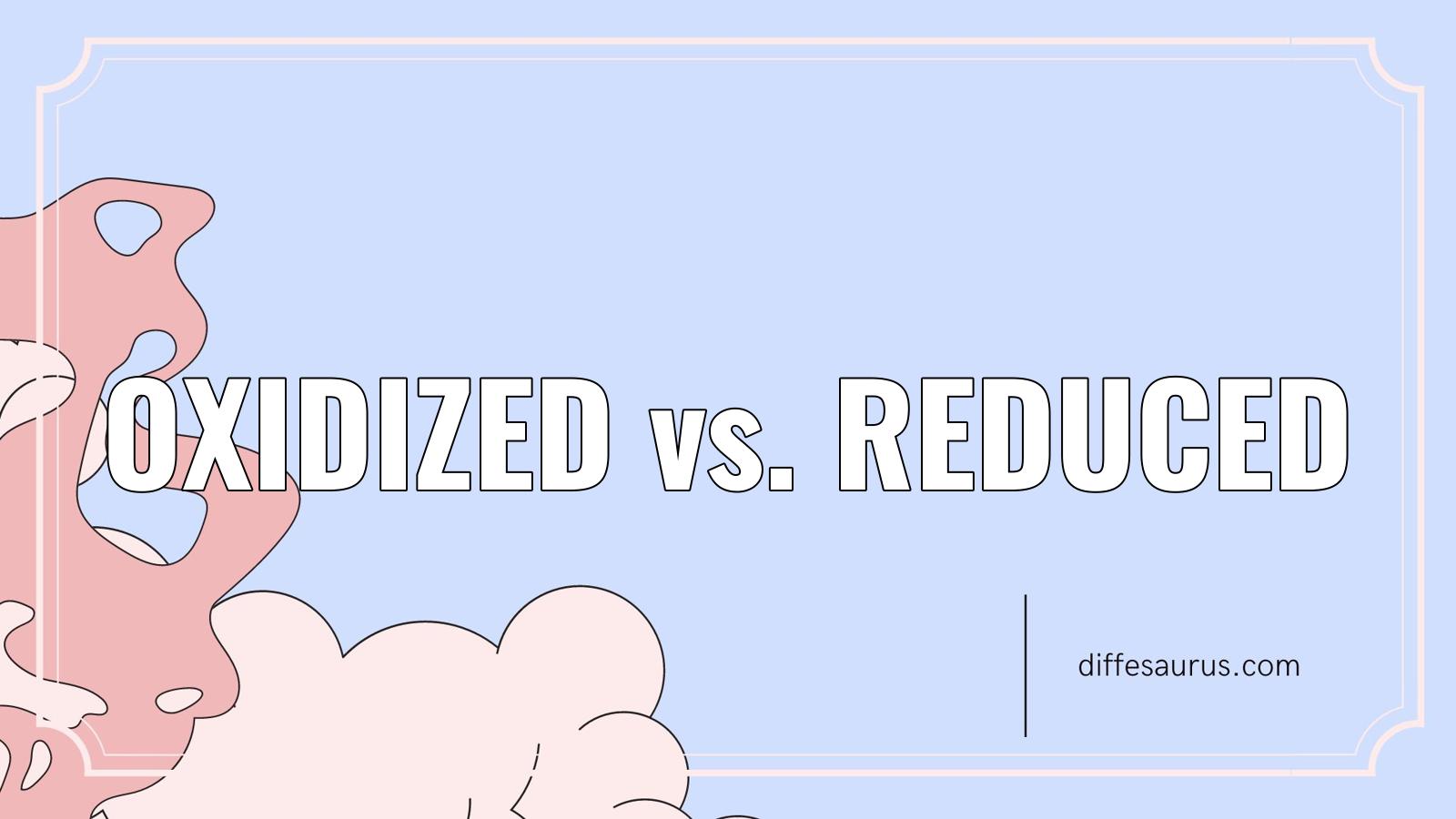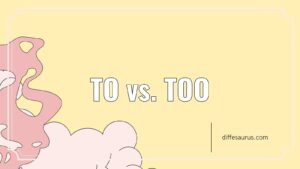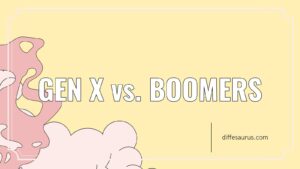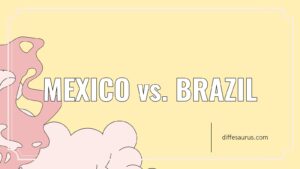What is the difference between reducing and Oxidation? Oxidation and reduction are related to the loss of electrons from an atom, molecule or ion.
The easiest definition of oxidation and reduction is adding oxygen to a compound.
Which is being reduced and oxidized?
The oxidation state of the oxidizing agent decreases as it oxidizes by accepting electrons. The oxidation state of the reducing agent increases because it causes reduction by losing electrons. The simplest way to think of this is that the oxidizer is the substance that is reduced, and the oxidizer is the substance that is oxidation.
What is the difference between oxidation and reduction give examples?
Both oxidation and reduction happen at the same time during a redox reaction. Water splitting is a reaction in which the release of oxygen gas is an oxidation reaction and the evolution of hydrogen gas is due to the loss of oxygen.
What is the difference between oxidation and reduction in organic chemistry?
Reduction and oxidation happen at the same time in a type of chemical reaction. The reduced species gains electrons while the oxidation species loses. Oxygen doesn’t need to be present in the oxidation reaction.
What is the difference between oxidation and reduction in terms of electrons?
There are two types of reactions, oxidation and reduction. The transfer of electrons between two chemical compounds is referred to as an electrochemical reaction. There is a loss of electrons in oxidation reactions and a gain of electrons in reduction reactions. There are differences between oxidation and reduction in this article.

What is the difference between oxidation and reduction quizlet?
There is a difference between oxidation and reduction. The reduced form of the same compound has less electrons than the oxidized one. Reduction requires a reducing agent and C. oxidation needs an oxidizing agent. Reduction is a coupled reaction and D. oxidation can happen by itself. The number of electrons can be reduced or increased by oxidation and reduction.




